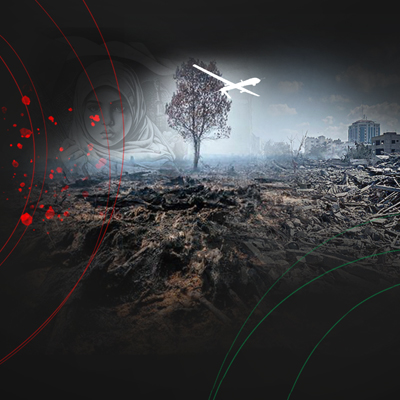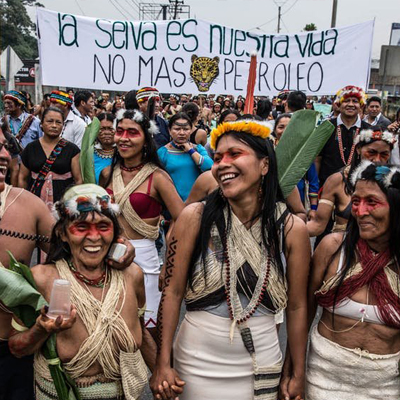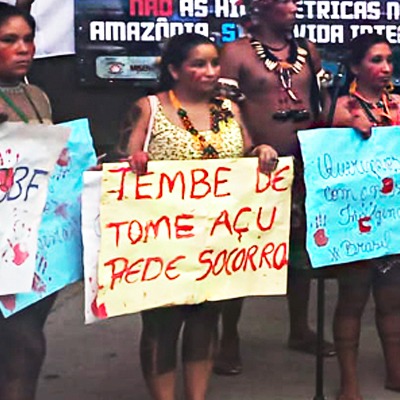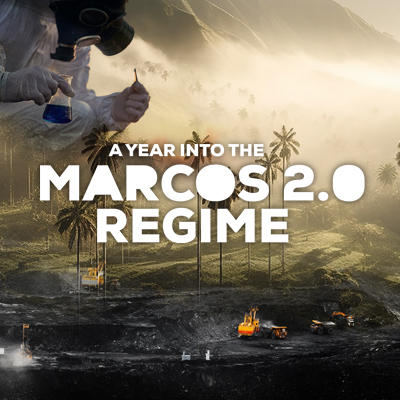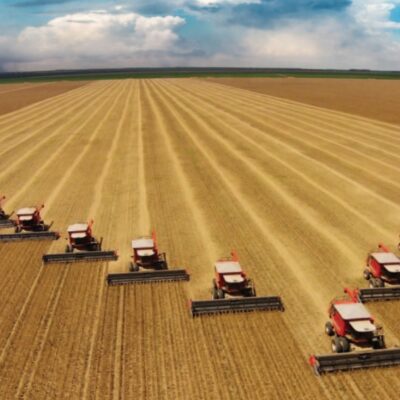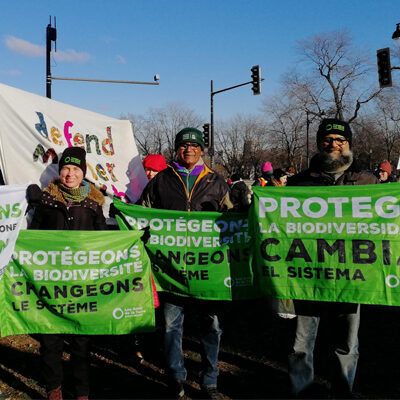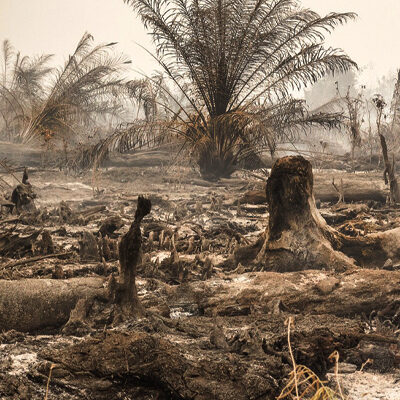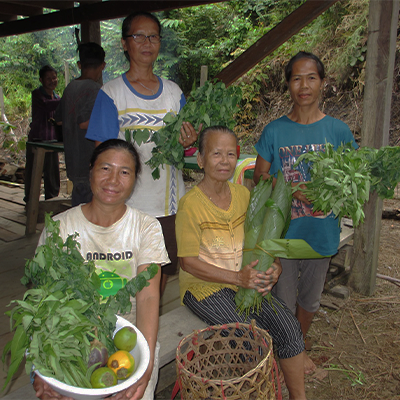
Voices Are Action #4
These are the headlines of our fourth episode of Voices are Action, our new podcast series. 1. Argentina – Mendoza: The Assembly for Water of Uspallata, a town in Argentina located at the head of the Mendoza River basin, is currently threatened by the actions of the San Jorge open pit mining project, in a context of public power grabbing…



